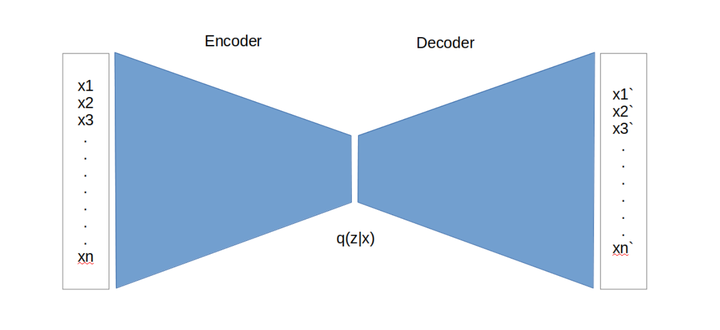Variational inference-based generative unconstrained bicycle trajectories microsimulation

Abstract
Accurate modeling of bicycles in traffic calls for taking into account individualistic actions and behavioural schemes in different scenarios. Bicycle traffic is characterized by possessing significant unobserved heterogeneity, with the differences between individual cyclists driving how cyclists behave as a group. A Generative Variational Autoencoder-based model is developed to serve for two purposes. First, the encoder part summarizes the individual differences between unconstrained cyclists to a more compact latent dimension layer. Second, a decoder part where a trajectory is reconstructed using only coordinates of that compact latent layer. Different groups representing different styles of cyclists are identified using Gaussian mixture model (GMM) clustering. The model proved high reconstruction accuracy with a root mean square error of about 0.32 meters. Latent variables were clustered into four classes representing different styles of cyclists. When reflecting the clustering results on motion variables, such as speed, acceleration, jerk and directions angles, were shown to produce clearly different distributions. The model and results could help elevating the accuracy of bicycle microsimulation models and gain deeper understanding on the heterogeneity in bicycle traffic behaviour.